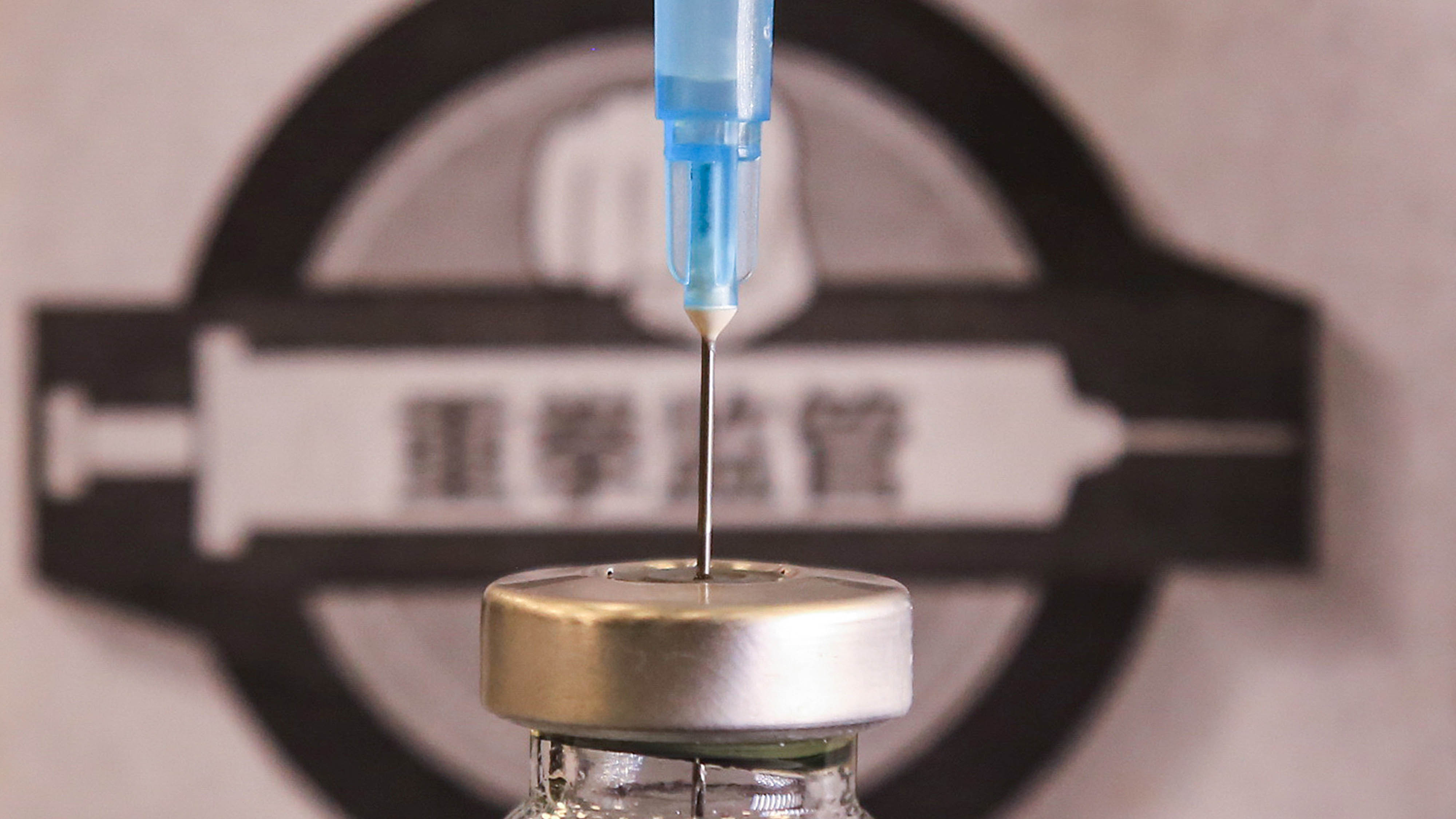
File photo: agenceis
BEIJING, Dec. 12 (Xinhua) -- In the past weeks, the international endeavor to create a safe and effective coronavirus vaccine has begun to bear fruit, and finally it seems that the world can see the light at the end of the tunnel.
However, as the global COVID-19 cases surpassed 70 million over the weekend, it is not the time yet for complacency.
While hope is on the horizon, it is reckless and dangerous to slacken anti-virus control efforts and simply wait for the magic wand of the vaccine to work. Instead, the international community needs to first address two tasks to ensure the success of a global vaccination campaign.
First, governments must continue strengthening COVID-19 prevention and control measures and bolstering global anti-virus cooperation.
Though vaccines have helped rid the world of scourges such as smallpox, the vaccination process takes time. To compound the problem, there are no guarantees regarding the effectiveness of vaccine candidates.
In a study published in the medical journal The Lancet in early November, researchers found that for a vaccine with 100 percent efficacy that gives life-long protection, the herd immunity required against COVID-19 is estimated at about 60-72 percent.
The reality that it took only 16 days for the global caseload to jump from 60 million to 70 million should alarm the world to the fact that if the coronavirus is left unchecked, people in many parts of the world are in dire danger before the vaccine can reach them.
Second, the international community must reject vaccine nationalism and ramp up global coordination to ensure fair access to safe and effective vaccines for all, particularly those in less developed countries.
The world has already learned that the hard way after the earlier global logistical challenges to roll out diagnostic tests and personal protective equipment.
If vaccine nationalism is allowed to spread like the coronavirus together with the ensuing political virus of stigmatization and blame-shifting, the developing world would struggle to get vaccines in time, which in turn would have pernicious consequences for poor countries first before extending to all corners of the globe.
As WHO Director-General Tedros Adhanom Ghebreyesus has said, the fastest way to end the COVID-19 pandemic is to "start by protecting the highest risk populations everywhere, rather than the entire populations of just some countries."
With the promising progress in vaccine development, the world surely can begin to dream about the end of the pandemic. But they also should heed the WHO chief's recent warning: While the coronavirus can be stopped, the path ahead remains treacherous.


